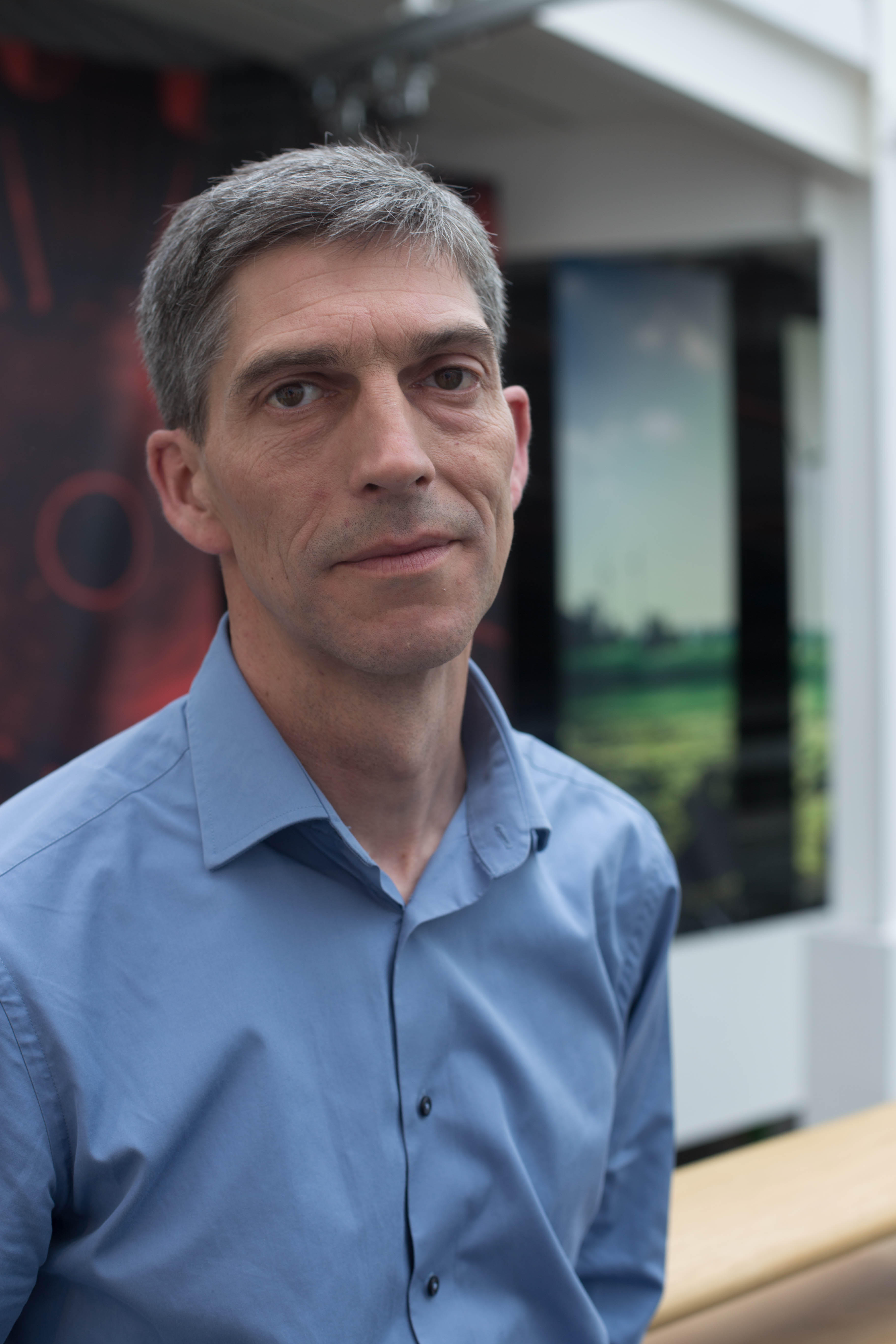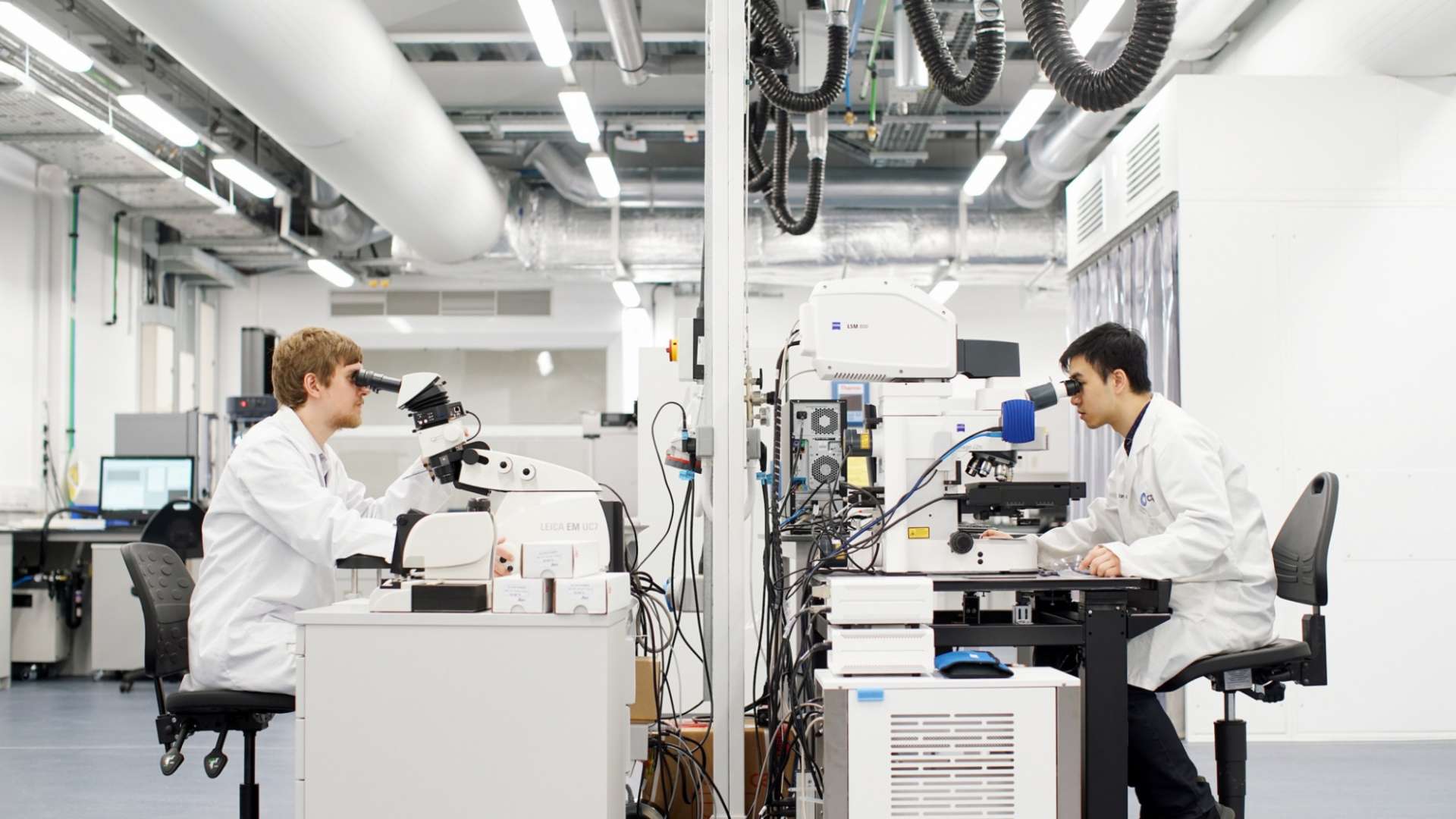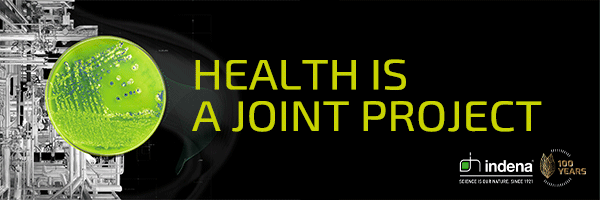Pharmaceuticals
Grand Challenge 1: opportunities for partnership and investment 1st April 2020
By Dr John Robertson Senior Research Fellow University of Strathclyde
Dr John Robertson, Senior Research Fellow at the University of Strathclyde, describes how the ‘Grand Challenge 1’ projec


‘CPI’s existing labs in the North East of England’.
The Medicines Manufacturing Innovation Centre’s founding industry partners, AstraZeneca and GSK, are two of the UK’s leading pharma companies and this is the first time they have combined their expertise to co-develop new technology. The centre is also receiving valuable input from its academic partner, the University of Strathclyde, as well as a host of SMEs from across the supply chain as part of the Medicines Manufacturing Innovation Partnership (MMIP).Funding support is being provided by Scottish Enterprise and UK Research and Innovation. Although the future of pharma manufacturing will be challenging, ambitious projects at the new centre such as Grand Challenge 1 are demonstrating the tremendous opportunities on offer for those bold enough to get involved.


